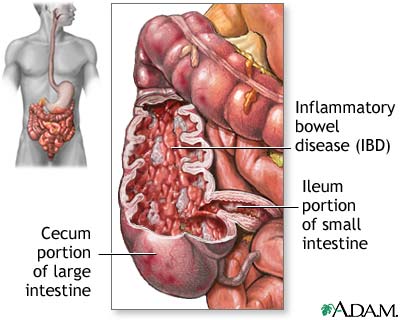
This past May, I had the privilege of speaking with the Crohn’s and Colitis Foundation as a guest speaker on integrative interventions for irritable bowel disease. Initially, I wondered would patients be interested in my opinion or more afraid of the possible aggravations to the bowel with the introduction of new and different therapies.
To my surprise, a lot of interest was present for naturopathic medicine and alternatives, and their concerns and questions were not only legitimate but alleviated when I was able to present not only valid options for treatment but also the realization that you do not have to choose.
Integrative medicine involves both conventional medicinal treatment and old but “new” methods of supporting inflammation and the immune response for irritable bowel disease.
So inspired by the audience and the support of colleagues Dr. Rosenbaum, pediatric gastroenterologist at McMaster University, it was a pleasant experience to see research in conventional and integrative medicine come together in a forum for all to learn and benefit.
A discussion between myself and Dr. Rosenbaum revealed a few very important and key points for IBD support and the role of integrative medicine:
Adult IBD patients need a great deal of support
As adults, going to a gastroenterologist is a little scary. Nutritional questions are not often addressed as there are other pressing things in the appointment. Not always taking everything out of the diet is beneficial, even if there are concerns, as nutrient absorption is a serious issue for IBD (ulcerative colitis, crohn’s disease).
Fish oil and curcumin have a great deal of promise in IBD support
These essential anti-inflammatory interventions in research show promise for the ability to work in the same pathways as 5-ASA (an anti-inflammatory used to support IBD) and can be taken at the same time as your conventional medication.
Dietary interventions should be supportive but not extreme
Many are concerned with removing many foods from their diet when hearing which foods may or may not be good for IBD. In my dealing with IBD patients, individual support of nutritional deficiencies that can develop over time as well as balancing the diet properly is key in the support of IBD. Asking a health professional for some guidance in making the right nutritional supportive choices for you and your specific IBD concerns is the safest way to get the nutrients you need.
For technical and research-based in-depth discussion of the literature, feel free to read more in Irritable Bowel Disease.